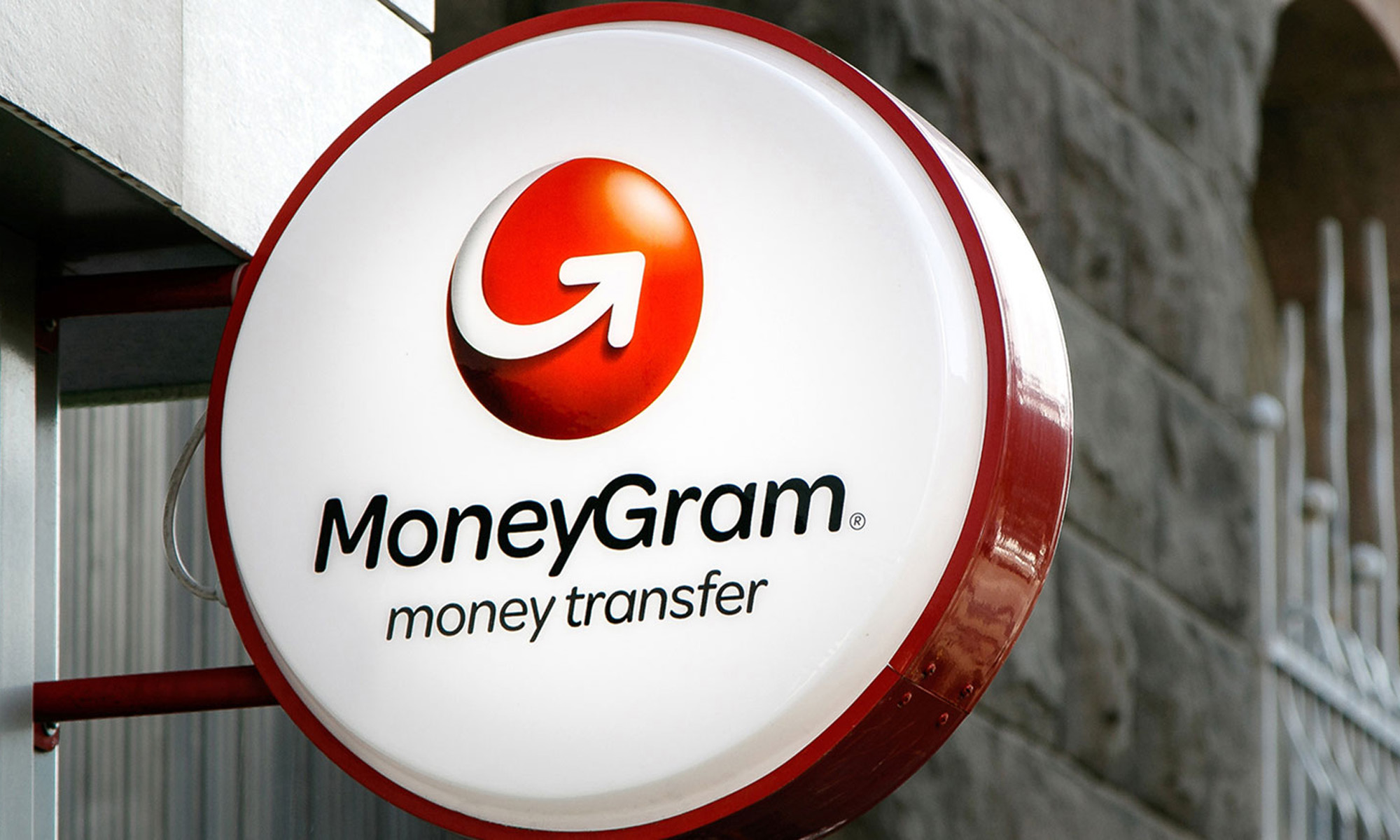News
MoneyGram Confirms Hackers Stole Customer Data
The September 2024 cyberattack affected both personal and transactional information, impacting customer ID numbers, financial data, and more.

Finance platform MoneyGram has revealed that hackers accessed and stole customer data — including personal and transactional information — in a recent cyberattack. The company disclosed on Monday that an unauthorized party “accessed and acquired” this information during a cyber incident on September 20. The breach also caused a week-long outage, which took down the company’s website and mobile app.
MoneyGram, which is used by over 50 million customers across more than 200 countries annually, said the investigation into the breach was still in its early stages. Experts have yet to determine the full extent of the data hack, with MoneyGram spokesperson Sydney Schoolfield so far declining to comment beyond the company’s public statement.
According to MoneyGram, the stolen data includes various personal details, such as names, phone numbers, postal and email addresses, dates of birth, and national identification numbers. A “limited number” of Social Security numbers and government-issued identification documents, including driver’s licenses and other personal documents, were also exposed. The specific types of stolen data will vary depending on the individual customer.
Also Read: UAE Residents Rank Third For Password Forgetfulness
Additionally, the hackers obtained transaction information, including dates and amounts, along with criminal investigation data related to fraud for some customers.
News
Rabbit Expands Hyperlocal Delivery Service In Saudi Arabia
The e-commerce startup is aiming to tap into the Kingdom’s underdeveloped e-grocery sector with a tech-first, locally rooted strategy.

Rabbit, an Egyptian-born hyperlocal e-commerce startup, is expanding into the Saudi Arabian market, setting its sights on delivering 20 million items across major cities by 2026.
The company, founded in 2021, is already operational in the Kingdom, with its regional headquarters now open in Riyadh and an established network of strategically located fulfillment centers — commonly known as “dark stores” — across the capital.
The timing is strategic: Saudi Arabia’s online grocery transactions currently sit at 1.3%, notably behind the UAE (5.3%) and the United States (4.8%). With the Kingdom’s food and grocery market estimated at $60 billion, even a modest increase in online adoption could create a multi-billion-dollar opportunity.
Rabbit also sees a clear alignment between its business goals and Saudi Arabia’s Vision 2030, which aims to boost retail sector innovation, support small and medium-sized enterprises, attract foreign investment, and develop a robust digital economy.
The company’s e-commerce model is based on speed and efficiency. Delivery of anything from groceries and snacks to cosmetics and household staples is promised in 20 minutes or less, facilitated by a tightly optimized logistics system — a crucial component in a sector where profit margins and delivery expectations are razor-thin.
Despite the challenges, Rabbit has already found its stride in Egypt. In just over three years, the app has been used by 1.4 million customers to deliver more than 40 million items. Revenue has surged, growing more than eightfold in the past two years alone.
Also Read: Top E-Commerce Websites In The Middle East In 2025
CEO and Co-Founder Ahmad Yousry commented: “We are delighted to announce Rabbit’s expansion into the Kingdom. We pride ourselves on being a hyperlocal company, bringing our bleeding-edge tech and experience to transform the grocery shopping experience for Saudi households, and delivering the best products – especially local favorites, in just 20 minutes”.
The company’s growth strategy avoids the pitfalls of over-reliance on aggressive discounting. Instead, Rabbit leans on operational efficiency, customer retention, and smart scaling. The approach is paying off, having already attracted major investment from the likes of Lorax Capital Partners, Global Ventures, Raed Ventures, and Beltone Venture Capital, alongside earlier investors such as Global Founders Capital, Goodwater Capital, and Hub71.
























